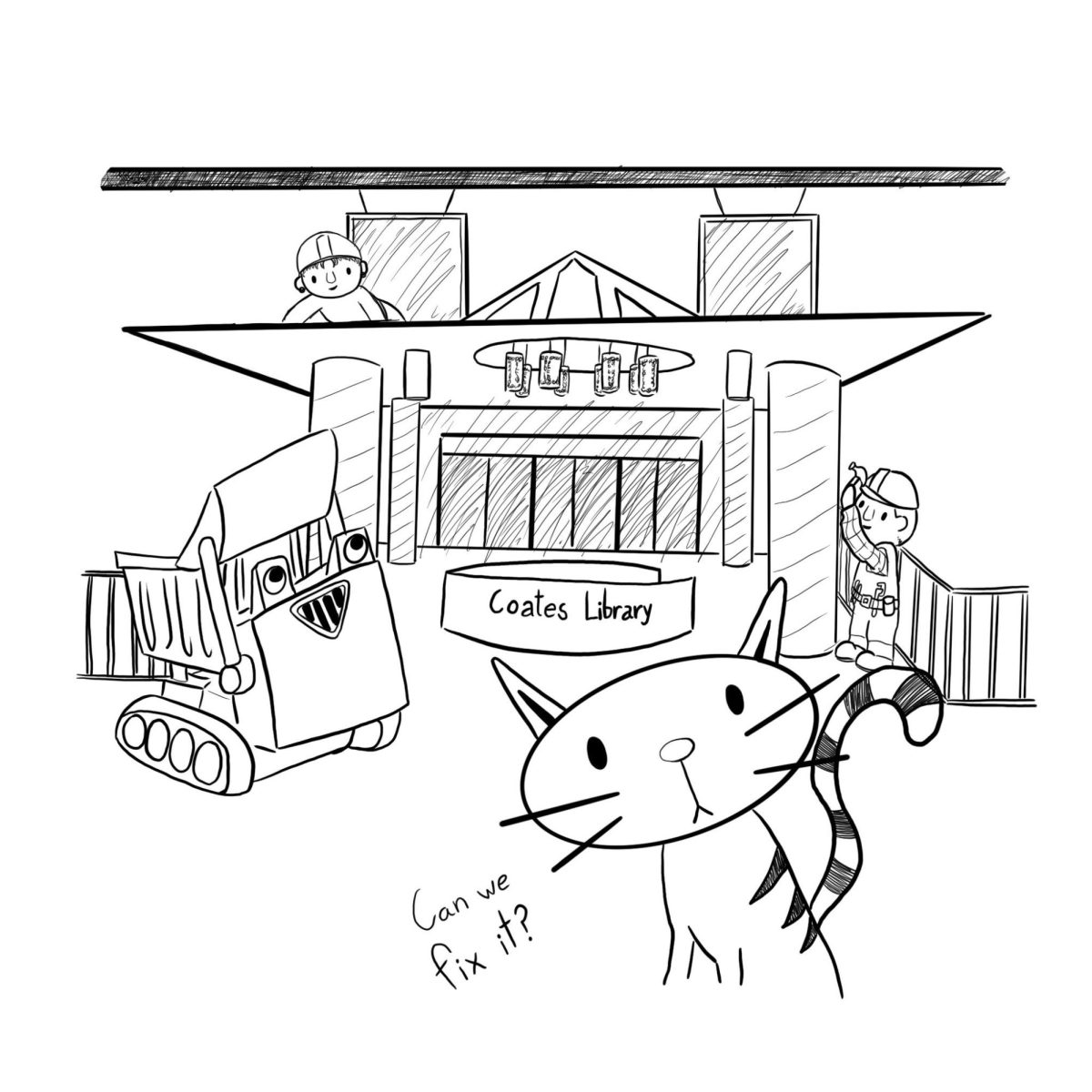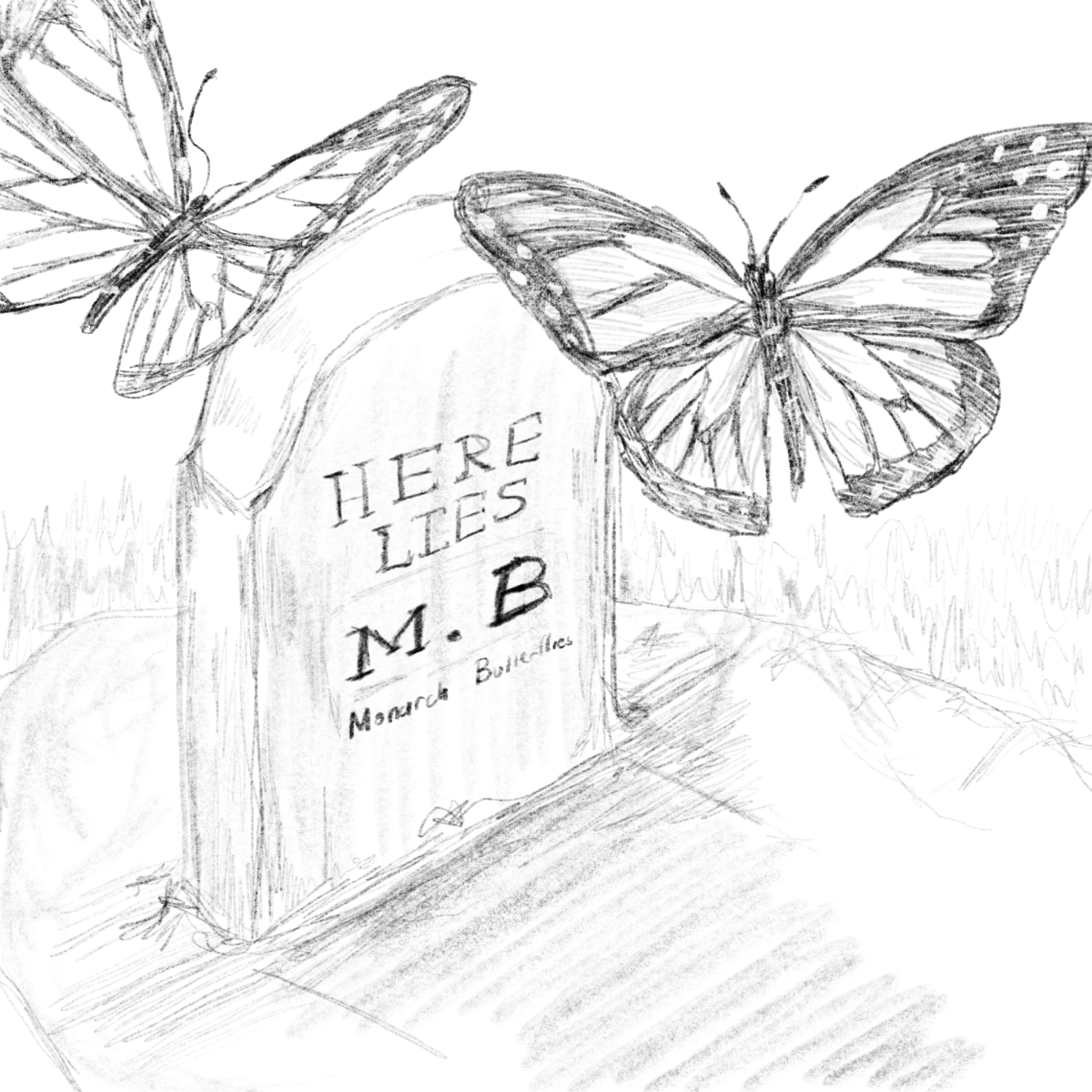In a post-lockdown world dominated by social media, the internet has adopted the rhetoric of a “loneliness epidemic.” According to the Pew Research Center, roughly 16% of all Americans indicate feelings of loneliness or isolation. In 2023, the United States Department of Health and Human Services published “Our Epidemic of Loneliness and Isolation,” showing the broad implications of declining social connection. This is a serious issue for everyone, but in the U.S., this has come in the form of a gendered “male loneliness epidemic,” perpetuated as a talking point by masculine social media influencers.
The risks of loneliness are clear, but influencers should not use male loneliness as an existential threat to masculinity or a tool to blame women, as many “alpha male” influencers try to do. Seeing how they spread this dangerous myth is the first step to preventing their influence.
These ideas are easily facilitated online, especially in videos. Due to algorithms, they target and pursue lonely people. One example is Aaron Marino, better known through his channel “alpha m.” Marino is one of many self-help channels directed towards men, but with 6 million subscribers, he has become a key figure in the digital manosphere. Most of his videos are about male grooming and romance tips, which is pretty inoffensive on the surface. However, his video “Men are Struggling in Silence” discusses what he thinks is the conduit for male loneliness.
Now, we get to his real argument. He finds that the true dilemma of the loneliness epidemic is a “cultural problem:” decreased sports participation, decreased religious affiliation or fewer modern hobbies like gaming. He also sees institutional changes, such as work-from-home, as obstructing relationships with others. Marino moves from point to point hastily, and he quickly notes that 80% of suicides are men. This is true, but he does not contextualize why or how this happens. Instead, he uses the time to plug a sponsorship from BetterHelp.
To Marino’s credit, he emphasizes the importance of therapy as a resource, but it feels lackluster in the context of an advertisement. Marino’s connotation of the epidemic is nowhere near as misogynistic compared to figures like alleged sex trafficker Andrew Tate. It’s frankly minor league. As Zoë Hu references in her “Dissent” piece, “Mr. Lonely,” Tate maintains that men should see themselves solely as atomized, with a “blend of machismo and individualism.” Tate goes as far as to claim that men should cut ties with their sisters while demanding that all women should be subsumed.
While Marino and Tate are on different levels, they ultimately discuss symptoms of sociological change. Marino’s video is comparatively tame in a vacuum. Still, when it’s squished between his other hits, such as “Why Men’s Issues are Being Ignored by Society (They Hate Us)” — where he claims men are modern “second-class citizens” — or “11 Signs You’re NOT a Real Man,” it hurts his authenticity.
Here’s the reality: The problems prescribed in the “male loneliness epidemic” are not the fault of individuals; rather, the fault of a collective agreement that masculinity is about overcoming obstacles on your own accord. Tate and Marino’s “alpha” lifestyles are an impossibility designed to sell the idea that men can solve their loneliness problems.
Instead, embracing resources designed to help and crafting communities that exterminate harmful stereotypes is imperative. Mental health is a crisis for all people, and for men, we must look inward to see what the root problem is — the manosphere — rather than adhering to dangerous talking points meant to divide.
I don’t want to be rosy that simply using resources can solve this, and it’s critical to consider others’ needs. The way “the world” works can make it hard to look after peers, and many accepted and perpetuated aspects of masculinity intensify this. While Trinity offers free mental health services, popular masculinity stigmatizes using them.
This is why mental health being co-opted under the guise of “men’s mental health” is a concern. The mainstream conversation about “men’s mental health” is not designed to create solutions. The people who push this type of messaging by blaming outside pervasive causes or unclear changes to gender norms are not here to help. The resources exist, but popular masculinity’s idea of “being a man” requires an idea of constant perseverance. These problems aren’t women’s fault. Tate and the rest of those vultures capitalize on that institutionalized idea of masculinity. When isolation is on the rise, we must challenge the manosphere by emphasizing empathy and understanding.




